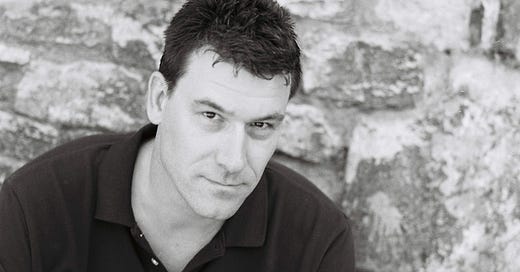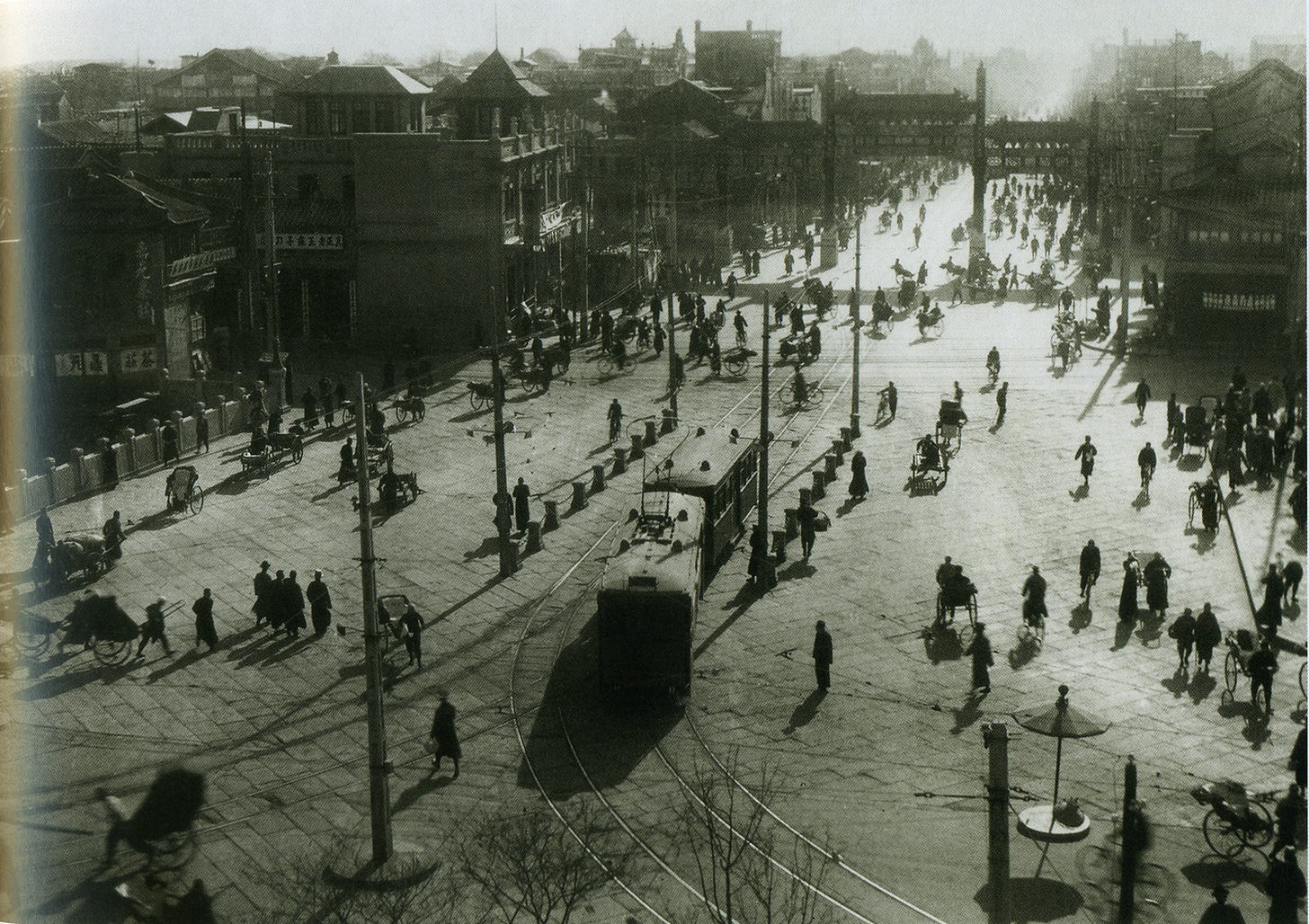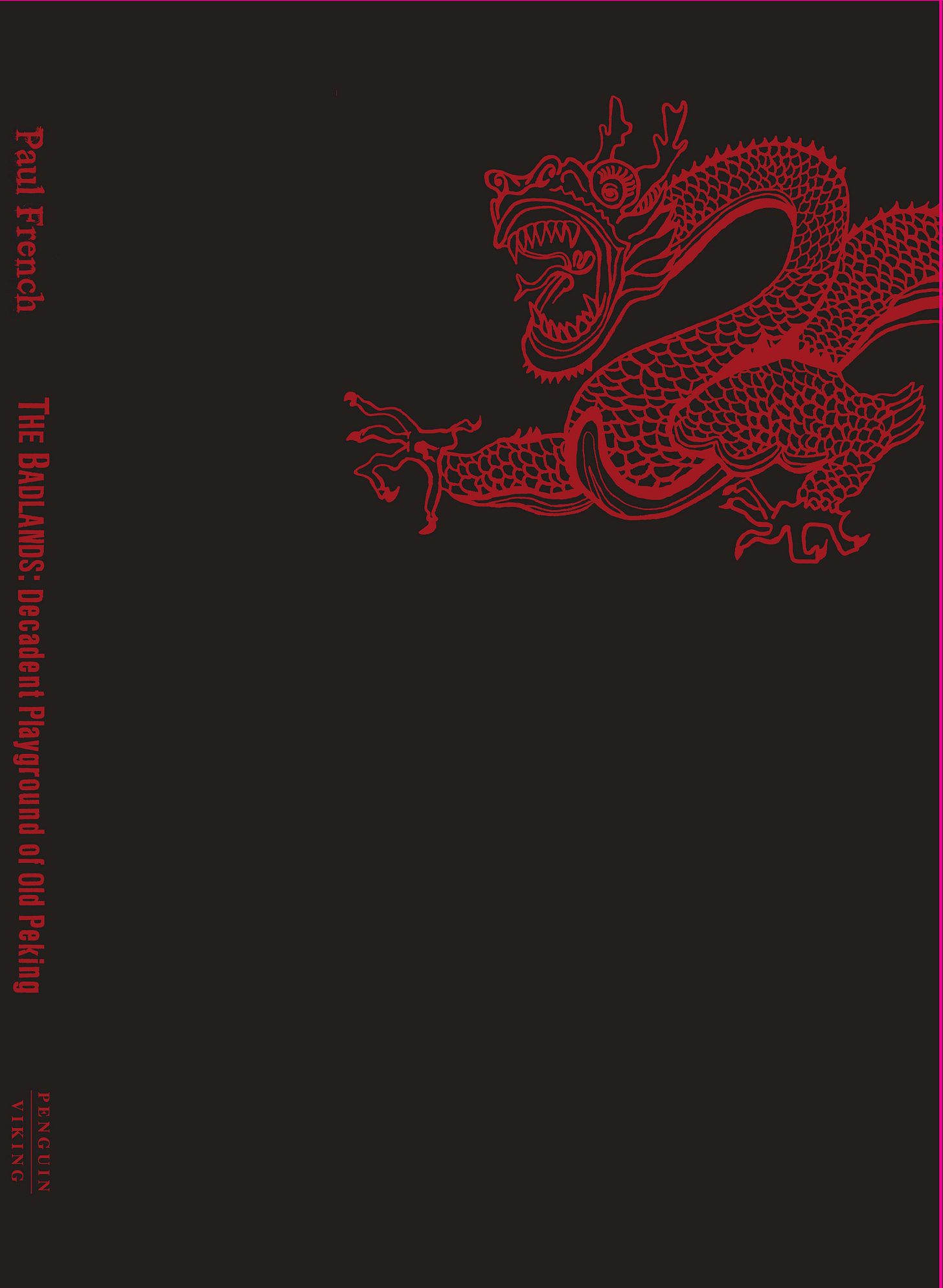Bad to the Bone
In rediscovering sordid slices of Beijing history, Shanghai-based historian Paul French shines a light on a town that was in many ways the equal of the 'sin city' to the south
As a former Beijinger myself (indeed, I once worked for a publishing company that makes a magazine called The Beijinger - shout out to Michael Wester), I have an array of memorable accounts from the city’s nightlife scene, but these pale in comparison to the tales contained in the The Badlands by Shanghai author Paul French. An infamous, claustrophobic network of laneways in 1930s Beijing that housed an assortment of brothels and drug dens, and an international mix of people that had nowhere else to go, French reveals their stories – almost lost to history, but now immortalized in print.
Why do you think tales of old expatriate life in China continue to enthral us?
Everything was so different and yet so much was the same. Foreigners came to China back then for many of the same reasons they do now – get rich, get famous, get lost. They found many of the same frustrations – the Chinese stubbornness to simply roll over and adopt Western culture whether its a way of doing things deemed superior or Jesus. I think what interested me was to get beyond the well recorded foreigners – the diplomats, businessmen and missionaries – and get to those who came to China to escape their pasts, to find refuge and live between the cracks, untraced, living marginal and often criminal lives. A few of these foreigners became rich, a few got murdered, and for most their China years were hard and disappointing but beat prison, army or persecution wherever they had come from.
How much resemblance is there between the Badlands and the Beijing of today?
Not much – hedonism (I'm afraid) just ain't what it used to be. A few lukewarm Tsingtao's ain't gonna compete with the old Badlands that were flooded with home brewed Samogon rot gut vodka, opium dens and dealers selling "Cadillacs", little red heroin pills. The corner kiosks rented needles so you could inject yourself – which is a little different to cigarettes and a Dove bar. Foreign gangs in the Badlands carried and openly used knives, guns were not unknown and the area was hardly policed at all. As long as I've known Sanlitun (since about the mid-1990s) it's been crap music, lousy beer and nothing more exciting than the odd dumb laowai getting rolled for a big bill at some back alley karaoke joint. It has to be the lamest bar street in Asia, and now it's just a bit tagged onto a luxury shopping centre and a Costa Coffee.
In today's Beijing, is it possible for characters such as Shura, Joe or Tatiana to exist?
Of course not in the way they did exactly. Beijing now is policed, controlled, regimented. Shura and Tatiana were refugees in China from a Russia gone red and where they were unable to stay. Joe Knauf deserted from the US Marines. However, what is the same is the idea that so many foreigners appear in Beijing and simply reinvent themselves – Harvard graduates, old Etonians, successful businessmen, hot models, superstar DJs, investors with millions behind them, internet gurus, filmmakers with track records... we've all met them and there's often a strong whiff of horse sh*t following close behind them. Can foreigners still get themselves into trouble in China where sex, power and money are concerned? Just ask Neil Heywood.
Why do you consider it important that we remember these extraordinary lives?
If we seriously want to understand the history of foreigners in China then we have to understand all the forms and guises they came in. We need to know the diplomats, businessmen, journalists and missionaries, as well as trying to recover the underbelly of foreign society – the criminals, pimps, prostitutes, drug dealers, arms sellers, mercenaries and fraudsters. Much more of this has been done in Shanghai I think, where lives of ordinary foreign policemen, White Russian and Jewish refugees have been researched and recorded. Beijing's foreign history has so far been rather one dimensional – indeed to the point that the Badlands had been almost entirely forgotten. Nowadays Shanghai retains its legendary position as the city of sin in China for foreigners, but back in the 1930s you could still find plenty of foreign filth to wallow in in Beijing too.
Do you think modern China is interested in preserving or recording history?
Sadly not really – at least at the top. However, despite all the controlled narrative of China's modern history people are curious. I see this as a long term collector of old photographs, maps and postcards of China. Up until a few years ago there were still bargains to be had out there – but now prices are soaring and the difference is the arrival globally of Chinese collectors who previously had no interest in this stuff. Bad for my collection and wallet, but a good sign that people are interested in that period and getting beyond the rigid official narratives, I think.







That is so so interesting- think I might give Badlands a read. Any movies along these lines that you can recommend Simon?